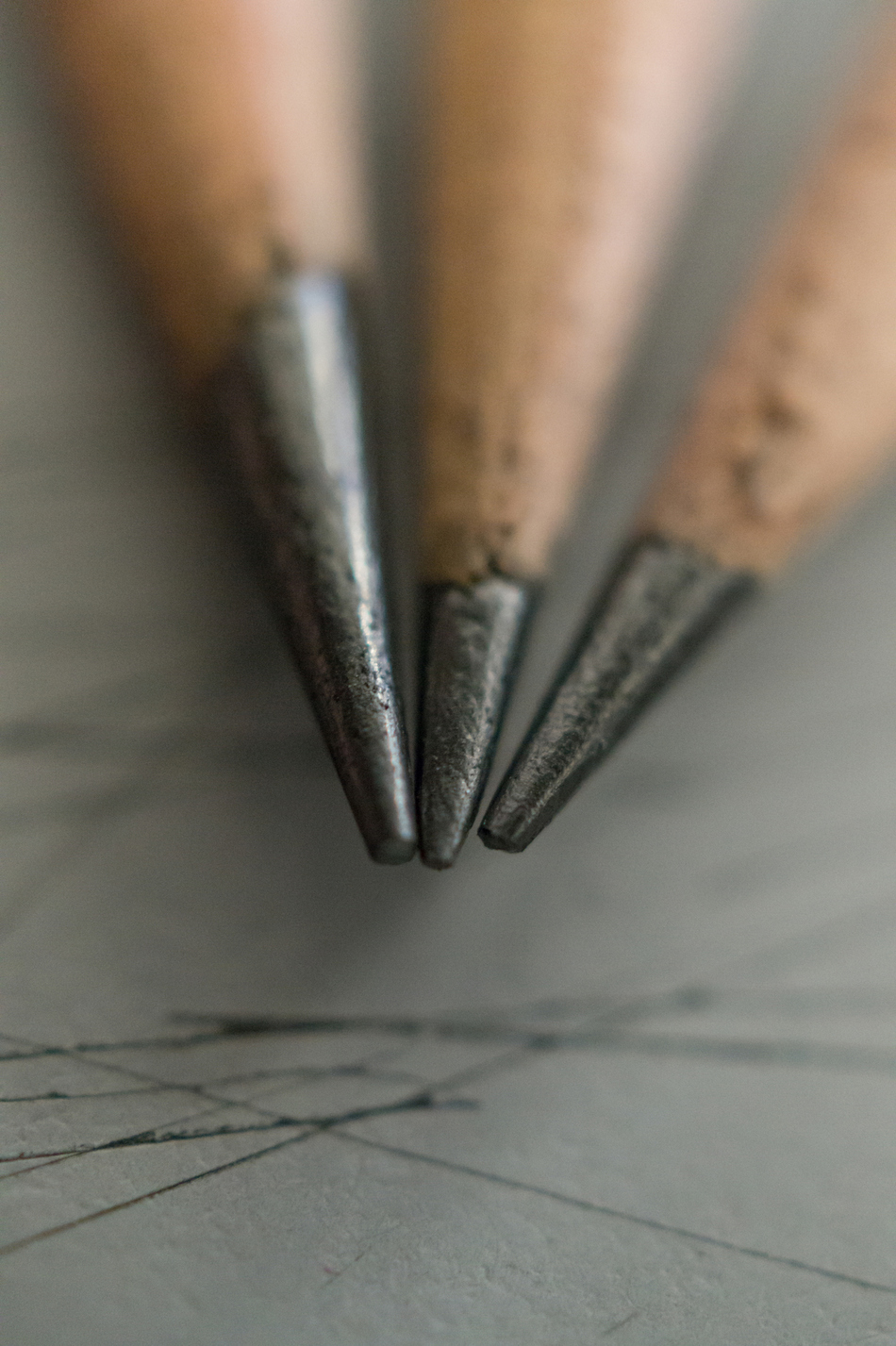
Episode Transcript
Announcer: Is it bad enough to go to the emergency room, or isn't it? You're listening to "ER or Not" on The Scope.
Interviewer: Time for another episode of "ER or Not." That's where we give you a situation and then our emergency room physician, Dr. Troy Madsen from University of Utah Health, tells us whether or not we should go to the ER or not. So play along at home.
Dr. Madsen, today's "ER or Not" is if a pencil punctures the skin. So however it happens, you accidentally sit on a pencil, somebody pokes you with a pencil, that pencil gets in and punctures your skin. ER or not?
Dr. Madsen: Well, this is one of those . . . I have to answer by kind of referencing probably something all of us have seen as children, and that is a pencil stuck in other kids. And I remember distinctly as a kid, growing up in elementary school, and I don't know how this happened, but some kid threw a sharp pencil across the room and flung it, and it stuck in another kid's forehead, just stuck there.
Interviewer: Oh, man!
Dr. Madsen: Yeah, that's one of those images that just does not leave your mind.
Interviewer: No, I don't suppose. No.
Dr. Madsen: And I remember that kid had, basically, a mark on his forehead for quite a while after that and actually had some of the lead in his forehead as well. And you could see that lead there for quite a long time.
Interviewer: Yeah, I did the same thing with my leg. I have lead that you can still kind of see the dark discoloration in my leg, but it's not really . . . And I think that's what freaks people out. They think, "Oh, lead, lead poisoning," but it's not really lead, is it? It's graphite, isn't it?
Dr. Madsen: It's graphite, exactly. And it's not lead that's going to cause lead poisoning.
Interviewer: Okay.
Dr. Madsen: So that's probably the biggest concern and that's probably why this question comes up because you could take, say, a pen or you could take something else and cut yourself, and you have a little cut there and you think to yourself, "Okay, that's fine. I'm going to put a little bit of antibiotic ointment on here. It's going to get better." But then, you throw in the whole lead thing and people think, "I'm going to get lead poisoning from this."
Can You Get Lead Poisoning From a Pencil?
So, number one, yeah, it's graphite. It's not really lead in the sense we think of lead poisoning. And when you think of lead poisoning, you're talking typically about houses that have old lead paint so houses built anything prior to 1978. And there, you're talking about young kids who can then be kind of walking around, like toddlers, around near the ground putting stuff in their mouth. And for that, for these kids to really be at risk of lead poisoning, you're talking about exposure over a long period of time and really just kind of eating paint chips or getting stuff, dust in their mouth, things like that.
So even if this were lead that were concerning from a pencil, such a small amount, but again, it's not. This is more graphite. We're not talking about lead poisoning here so the lead itself is not a reason to go to the ER.
Interviewer: All right. So a lead pencil punctures the skin, probably not the ER. Treat it like any other wound unless it is, I suppose, really severe.
Dr. Madsen: Exactly. Treat it like you would anything else that stabs you. If you're having neurologic issues, if it affects a nerve, if it affects tendons, if it's deep where it's going to potentially affect anything internal. Anything beneath the surface, yeah, go to the ER, but otherwise, the lead itself is not something you should be concerned about.
Announcer: Have a question about a medical procedure? Want to learn more about a health condition? With over 2,000 interviews with our physicians and specialists, there’s a pretty good chance you’ll find what you want to know. Check it out at TheScopeRadio.com.
updated: July 20, 2018
originally published: January 15, 2017